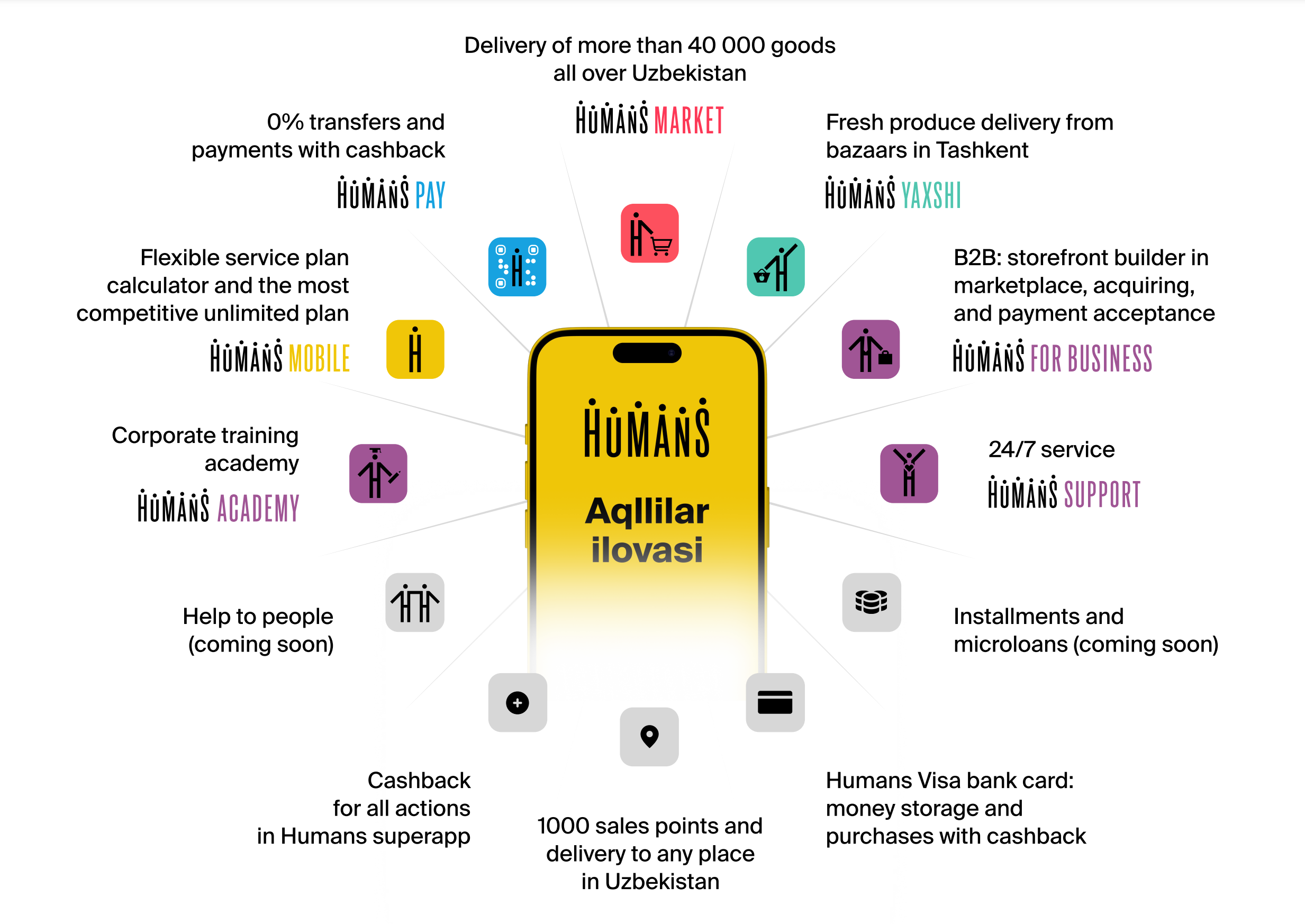As the financial sector continues to evolve in response to digital transformation, ensuring robust operational resilience has become paramount. The Digital Operational Resilience Act (DORA), an essential regulation from the European Union (EU), addresses this need by setting stringent standards for information and communication technology (ICT) risk management in financial institutions. This article provides an overview of DORA, its key components, and the impact it will have on the financial industry.
Table of Contents
What is DORA?
DORA, formally adopted by the EU in November 2022, is a regulatory framework aimed at enhancing the digital operational resilience of the financial sector. It addresses the increasing vulnerability of financial entities to cyber-attacks and other ICT-related disruptions. DORA’s comprehensive scope applies to over 22,000 financial institutions and ICT service providers within the EU, including traditional banks, insurance companies, and newer players like crypto-asset service providers.
Key Pillars of DORA
DORA is built on five critical pillars, each designed to strengthen the financial sector’s ability to withstand, respond to, and recover from ICT disruptions:
- ICT Risk Management: Financial institutions must assess, mitigate, and manage risks associated with their ICT systems. This includes conducting comprehensive risk assessments, implementing protective measures like multi-factor authentication and data encryption, and ensuring employees are trained to recognize and respond to cyber threats.
- Incident Reporting: DORA requires financial entities to establish systems for detecting, reporting, and analyzing ICT-related incidents in real time. This ensures that incidents are managed effectively, lessons are learned, and future occurrences are prevented.
- Digital Operational Resilience Testing: Regular testing of ICT systems is mandated to ensure they are robust enough to withstand cyber threats. This includes annual penetration tests, stress testing under extreme conditions, and simulated phishing attacks to assess employee awareness.
- Third-Party Risk Management: DORA emphasizes the need for financial institutions to manage their relationships with external ICT service providers carefully. This involves setting clear contractual agreements, continuous monitoring, and ensuring compliance with DORA standards.
- Information Sharing: DORA encourages the creation of trusted networks for sharing information about threats and vulnerabilities, enhancing collective resilience across the financial sector.
Implementing DORA: Challenges and Strategies
While DORA provides a robust framework for digital resilience, its implementation presents several challenges. Financial institutions must navigate complex requirements, such as revising third-party contracts and improving incident reporting mechanisms. Effective strategies for overcoming these challenges include conducting gap assessments, developing a compliance roadmap, and adopting new technologies to enhance cybersecurity measures.
The Impact of DORA on the Financial Sector
DORA is set to reshape the financial industry’s approach to digital operational resilience. By enforcing high standards across the sector, DORA not only protects individual institutions but also contributes to the overall stability of the financial system. Additionally, its global implications mean that non-EU entities providing ICT services to EU-based financial institutions must also comply with these stringent standards.
Preparing for DORA: A Strategic Approach
Financial institutions should start preparing for DORA by taking proactive steps toward compliance. This includes conducting thorough gap assessments, revising third-party contracts, and establishing governance structures to oversee digital resilience efforts. Regular training and awareness programs, along with continuous adaptation to evolving threats, will be crucial for maintaining compliance and enhancing resilience.
Conclusion
DORA represents a significant step forward in safeguarding the financial sector against digital threats. As the deadline for full compliance approaches in January 2025, financial institutions must prioritize their efforts to meet DORA’s requirements. By doing so, they will not only comply with regulations but also strengthen their ability to operate securely in an increasingly digital world.



Recent Comments